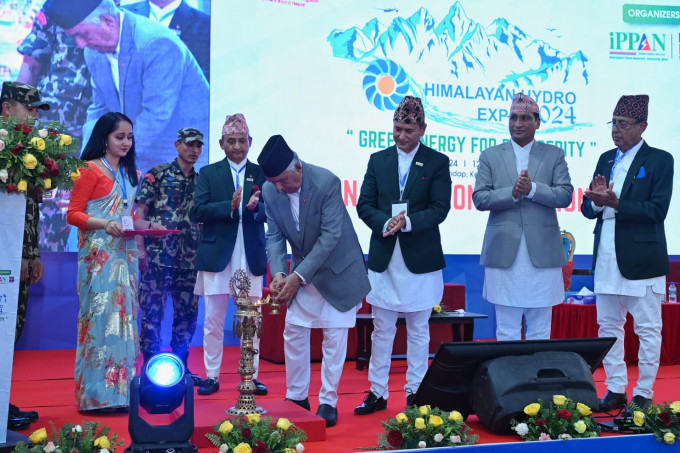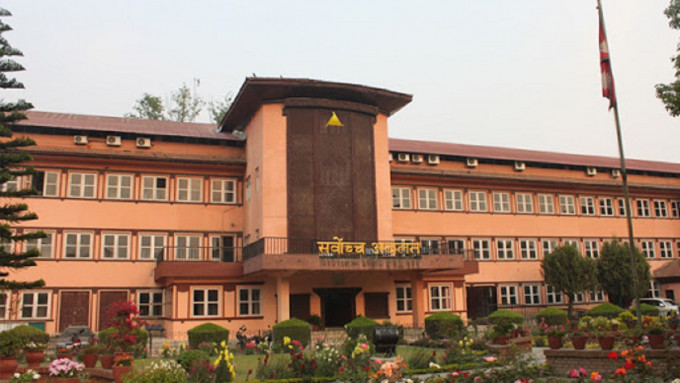Although several Newcastle vaccines are available for purchase in Nepal, they lack thermostable foundations (efficacy decreases with higher temperature) and require cold chain storage (uninterrupted refrigeration) for use. This is particularly inconvenient for farmers in rural areas who live almost a day away from vet stores. To eliminate the problem of transport and storage, BIOVAC, a vaccine research, development and manufacturing company in Nepal has taken a unique approach to tackle farmers’ problems.
We know vaccines are important, and it's going to be important for a long time, so why not build a capacity in places like Nepal , says Dibesh Karmacharya, the CEO and chairman of BIOVAC in a podcast with Bioneer.
This begs the question—can we expect human vaccine production in Nepal? Dibesh Karmacharya answers, “Maybe this is the time to do it, but it has to be in a partnership between public and private institutions from a bilateral or multilateral perspective”. However, no work has been done on that front yet. Requiring a budget of around 7 to 9 crore, a human vaccine facility may be possible in the next 10 years.
| Type of Vaccine/ Doses
| Pricings | Method of Delivery
|
| Tablet Vaccine (50 dose)
| Rs. 250
| Ocular
|
| Lyophilized Vaccine (1000 dose)
| Rs. 550
| Mixing in Drinking Water
|
Lyophilized Vaccine (250 dose)
| Rs. 250 | Mixing in Drinking Water
|
READ ALSO:








